Oct. 14: People-Centered Climate Action and Resilience Planning
sdg13-climate-action
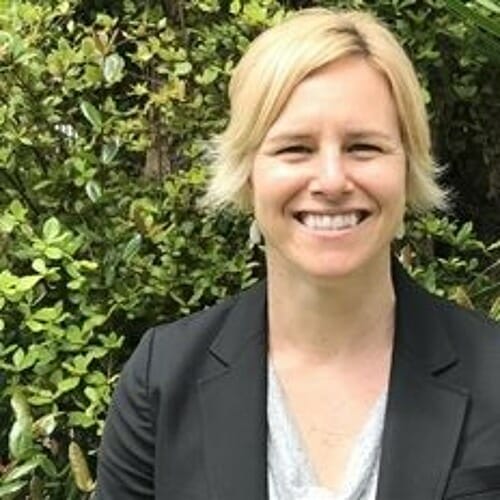
Oct. 14: People-Centered Climate Action and Resilience Planning
Climate Action Planning isn’t just about collecting data and making operational changes; it’s an opportunity to put people first by addressing their needs as part of this transformative process. This webinar will highlight how focusing on racial equity and climate justice in local plan and policy development helps lay the foundation for a more equitable and resilient community.
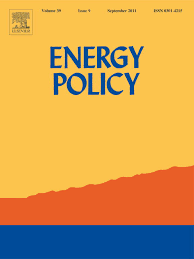
New paper: Global citizen views on climate and energy
As global environmental issues are increasingly coordinated through international negotiations, new methods are needed to engage citizens worldwide in the policy-making processes. Sustainability scientist Netra Chhetri and co-authors draw insight about citizens’ views on issues of climate and energy through quantitative analysis of the data from World Wide Views.

New climate video series centers on diverse youth voices
Countless people around the world, recognizing the urgency of this moment, are taking climate action in a way that draws from their personal experiences and passions. A new PBS video series in collaboration with ASU’s Julie Ann Wrigley Global Futures Laboratory and George Washington University’s Planet Forward is telling the stories of some of these courageous, innovative and captivating people.
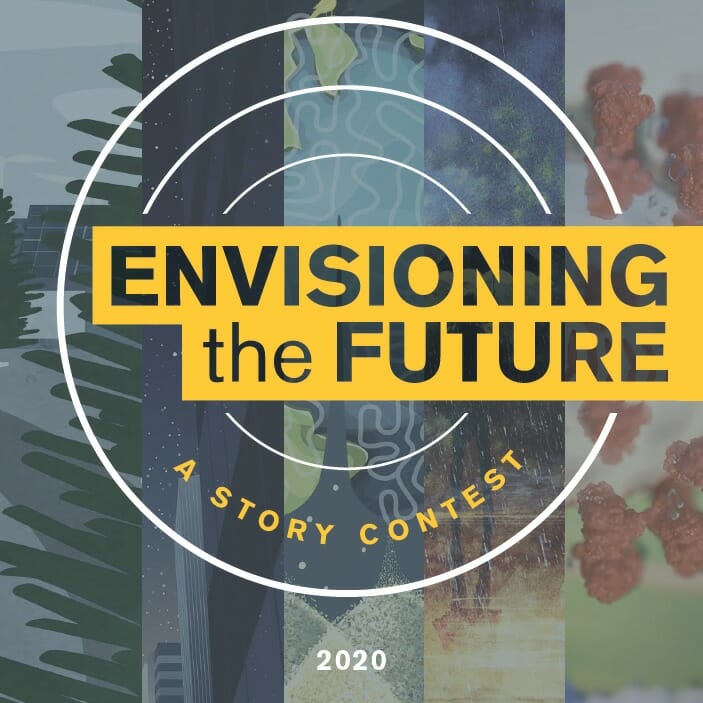
Writers from around the world envision the future, earn spot in new magazine
In April, Arizona State University’s Narrative Storytelling Initiative invited people worldwide to write a short story on what they think the future holds, based on our current world. No science fiction, no fantasy, but an imagined future reality. The results are in, and they’re illuminating. Enjoy the top five in a new magazine: Envisioning the Future, Volume 1.

West Coast Fires: Will they finally push us to act?
In our latest piece on Medium, co-authors Peter Schlosser and Steven Beschloss examine the wildfire outbreak across the western US and if this is finally the climate-oriented moment that will
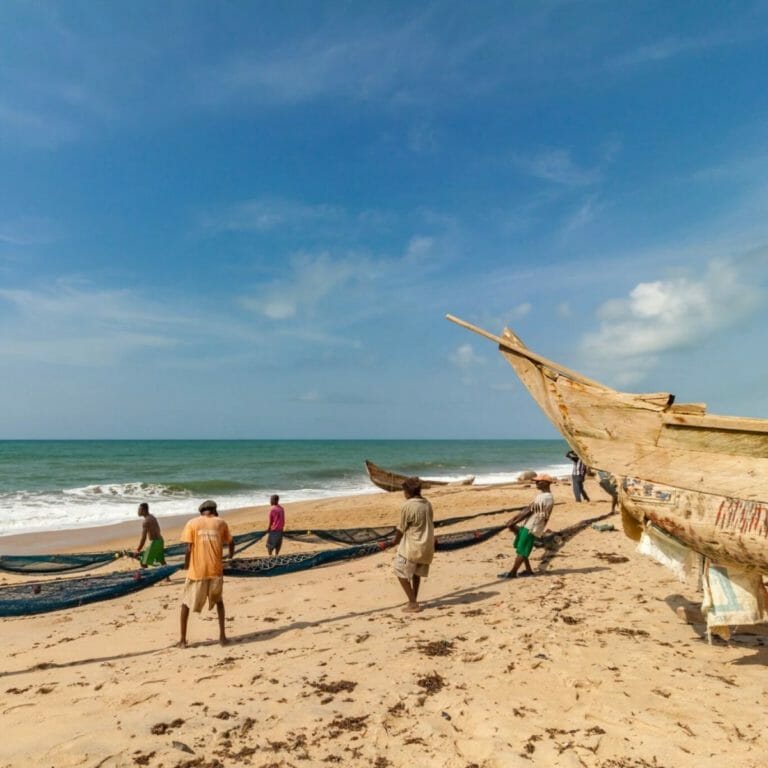
ASU joins global research cohort to launch new center focused on society’s relationship with oceans
ASU and Conservation International join more than 20 other institutions around the world that will provide research and expertise to support Ocean Nexus Center’s four areas of focus: human rights and human security, ocean economy, food safety and sovereignty, and regional fisheries policy.

Mapping the nexus of economic growth, inequality and environment
There is a clear pattern on the role of reduced inequality in positively affecting environmental and economic trajectories, according to a new paper by sustainability scientists Datu Buyung Agusdinata and Rimjhim Aggarwal.

Hsueh awarded AAUW American Fellowship
The fellowship supports sustainability scientist Lily Hsueh’s work on her book-in-progress, which examines the demand for, and supply of, global businesses’ climate action, across levels of governance, sectors, and in developed and developing countries.
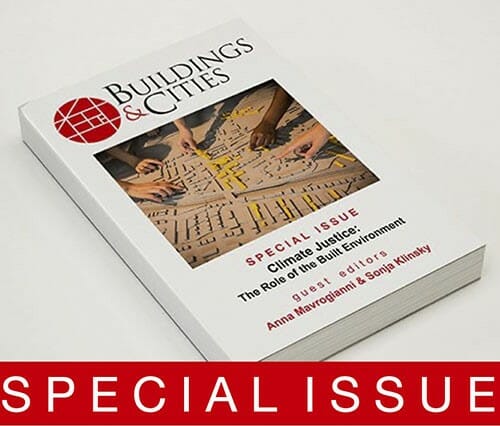
Klinsky edits special issue integrating climate justice, built environment
Together with a UK architect, sustainability scientist Sonja Klinsky has edited a special issue of Buildings & Cities that explores the concept and relevance of climate justice in relation to the built environment.
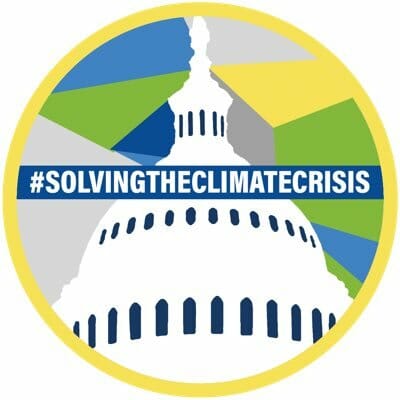
House Select Committee members release report
In November 2019, Arizona State University responded to a request for information from the U.S. House Select Committee on the Climate Crisis, submitting a comprehensive, 70+ page response. The response incorporated input from nearly 50 faculty from across the university. On June 30, the members of the Select Committee released their report.
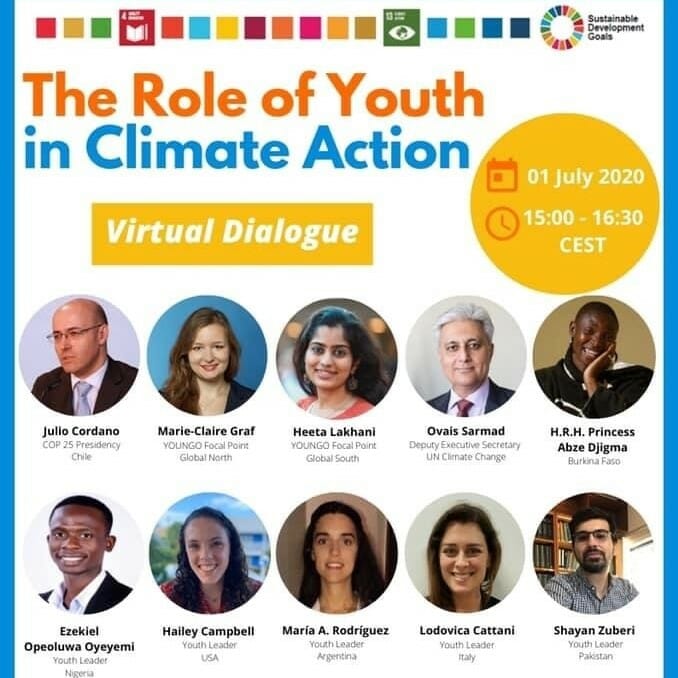
SOS student represents US youth in UN climate dialogue
Master’s student and recent Barrett sustainability grad Hailey Campbell will participate in this UNFCCC virtual event, set for 6:00 a.m. Arizona time this Wednesday, July 1.

Repeated hurricanes, risks and opportunities to flooding and water quality
A new paper from Center for Biodiversity Outcomes and The Nature Conservancy finds that FEMA flood hazard maps underpredicted the extent of hurricane-induced floods; findings could improve community planning for greater resiliency.